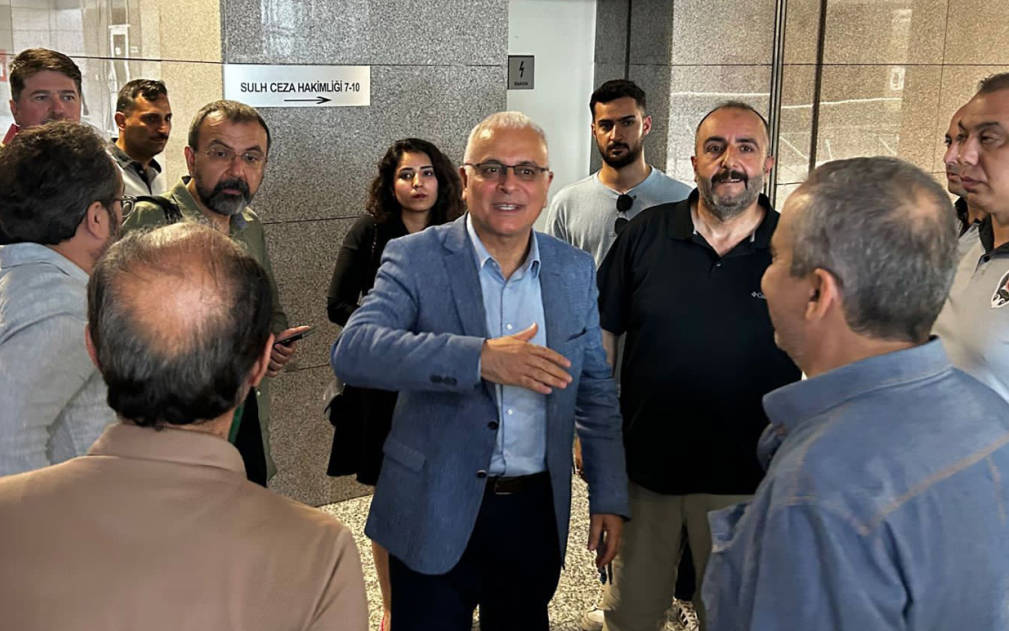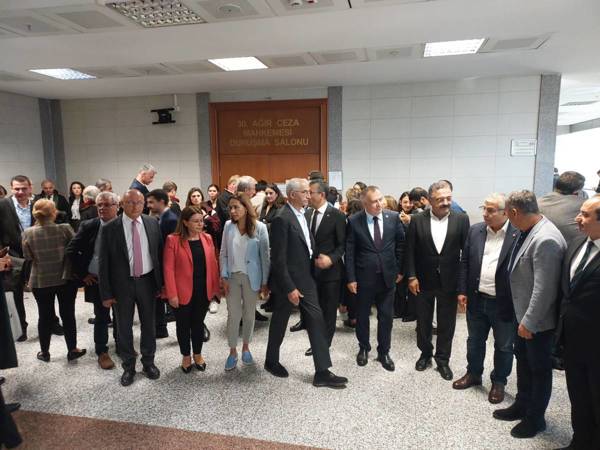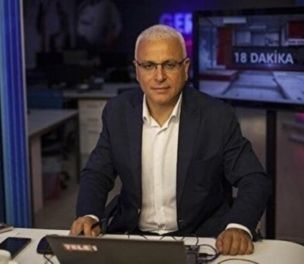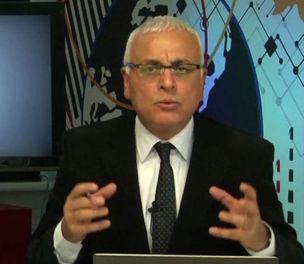Journalist Merdan Yanardağ acquitted in trial over assassination claim


Merdan Yanardağ, editor-in-chief of TELE1 channel, has been acquitted of charges related to spreading false information about an alleged assassination plot targeting Kemal Kılıçdaroğlu, former leader of the main opposition Republican People's Party (CHP) and a presidential candidate in the 2023 elections.
The trial’s fifth hearing took place at İstanbul’s 35th Penal Court of First Instance, as reported by the Media and Law Studies Association (MLSA). Yanardağ, who was accused under Article 217/A of the Turkish Penal Code for "publicly disseminating misleading information," did not attend the session and was represented by his lawyer Bilgütay Hakkı Durna.
The prosecutor reiterated the closing argument delivered during the Dec 10 session, stating that Yanardağ’s position as a well-known journalist gave his statements significant public influence. The prosecutor argued that the information Yanardağ shared could potentially cause public fear and panic, thereby disrupting public peace. On this basis, the prosecutor requested Yanardağ's conviction.
However, Durna countered that the prosecution's argument was "abstract and baseless." He requested his client's acquittal, emphasizing the lack of evidence to support the charges.
The court ruled in favor of acquittal, citing the absence of any concrete evidence proving that Yanardağ had acted with criminal intent or committed the alleged offense.
Background
The charges stemmed from statements Yanardağ made ahead of Turkey’s presidential elections in May 2023. He claimed that a group planning to assassinate Kılıçdaroğlu, the main rival of President Recep Tayyip Erdoğan, had entered Turkey from Georgia. Yanardağ also alleged that Galip Öztürk, a fugitive businessperson believed to be based in Georgia, had organized the plot in exchange for a potential pardon from Turkish authorities.
Yanardağ warned that the plot might be carried out during a campaign rally in Samsun, where Kılıçdaroğlu appeared wearing a bulletproof vest and surrounded by armed security personnel.
Yanardağ defended his decision to share the information publicly, saying, "I believed it was necessary to inform the public about a serious incident that could deeply affect Turkey’s political and social life, even at a late hour. I trusted my source."
Following these claims, the Istanbul Chief Public Prosecutor’s Office launched an investigation under Article 217/A of the Turkish Penal Code for 'spreading misleading information.' Enacted in 2022, the article has drawn criticism from freedom of expression groups, who argue it is being used to suppress journalists.

BIA Media Monitoring Reports
(HA/VK)





as.jpg)
as.jpg)

sa.jpg)
